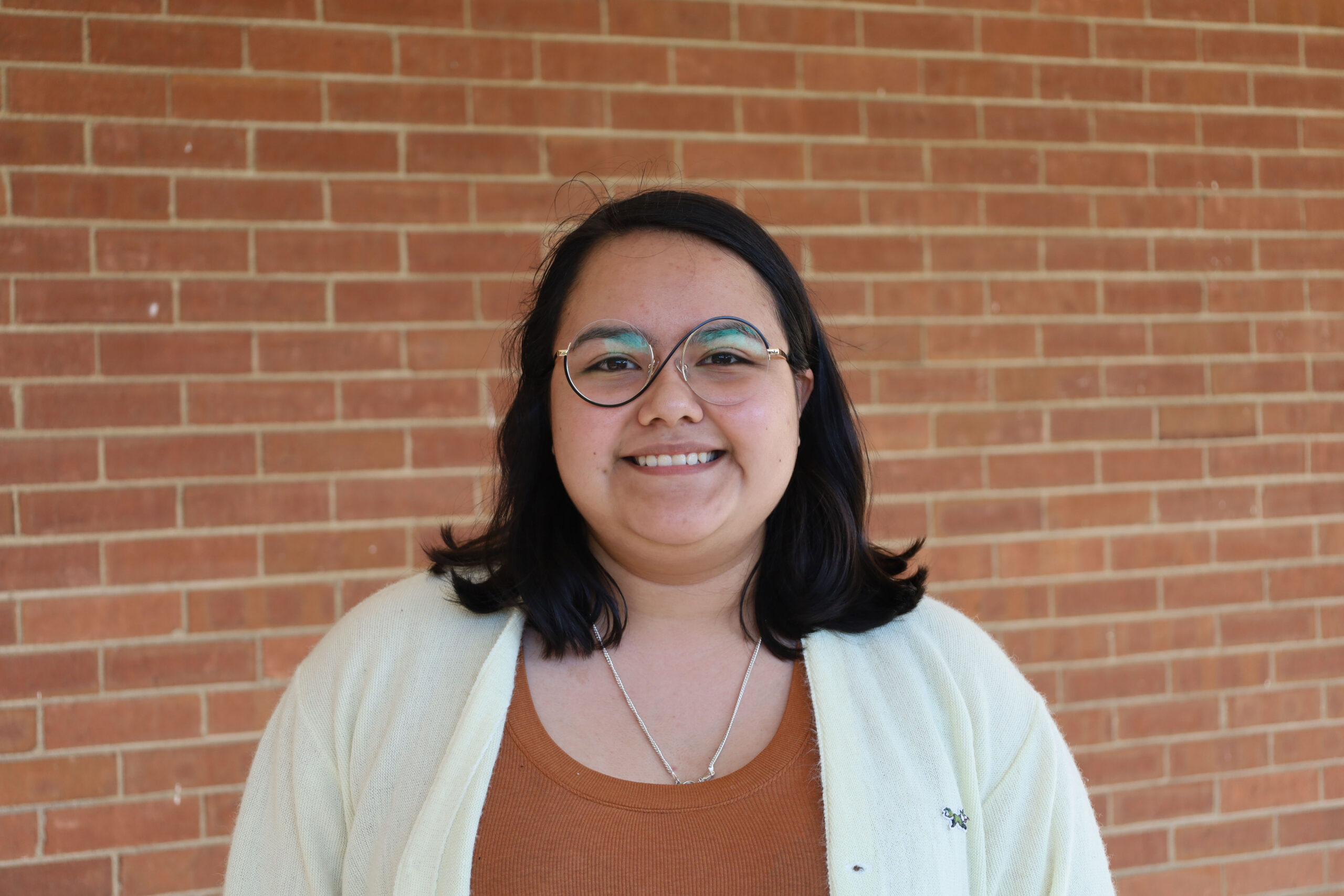When I joined the Student Senate, I fully came with the idea that I was going to take on the treasurer position. Handling and controlling finances has always been extremely fun for me and taking on extracurricular activities would immerse me more into my academic life than just immediately falling asleep once I go back home.
When I went to the first Student Senate meeting of the year though, on a whim, I raised my hand to be senate president and my peers voted me into the position; I completely ignored the logical part of my brain stating, “I can’t lead.” That is when my presidency began.I told all my friends and some of my professors about my added responsibility and I got a mix of reactions: some congratulated me, some were concerned I was putting too much on my plate, but one response still lingered with me. My history advisor, Philipp Gollner, responded with, “You should become a populist leader.” And while I laughed off his response, it stayed with me.
As a commuter and DACA recipient, I jumped at the opportunity of supporting commuter and minority students. It started small, by helping the Commuter Student Association with initiatives to make the commuter lounge better and feel more at home, to having a private senate meeting with Adela Hufford on how to better the experience of orientation for students, specifically, transfers and BIPOC (Black, Indigenous and people of color) students. But when we all received a campus-wide email about Goshen College’s recent designation as a Hispanic-Serving Institution, I knew there was much more my senate cabinet and I had to do.
My college career is not a time I will look back on fondly. It’s been difficult to find a home at GC. It hasn’t been fun, having to explain to certain professors about my absences due to family drama and not being able to make friends with white, Mennonite residents.
For the longest time, I blamed myself. I blamed the fact that my family could not understand my boundaries and the importance of school. I blamed my inability to fit in with the residential students because I didn’t put myself “out there” enough. I blamed myself for not having enough money to be able to live on campus. Most of all, I blamed myself for my academics plummeting because I could not “fit in.” I became isolated, and this isolation and fear of rejection still lingered. While I’ve found my crowd in the commuter students and peers in the history department, I still feel ignored by GC and so do many of my peers.
My peers and I constantly are subjected to repeated microaggressions and mental abuse from white students and professors. My peers would hear things such as “speak English” or “quit your job if you don’t have enough time for school. Learn to prioritize better.”
We are tired of constantly being subjected to tell our story, only for the GC crowd to question why it matters to them. We are tired of having to constantly move around from one commuter lounge to the other and having minimal amenities. We are tired of being picked at, dissected and paraded for the school’s statistics and image. But most of all, we are tired of our voices being ignored.
I’m close to graduating. I can decide to shut up, ignore the problems, get my diploma and leave. But seeing the passion of younger students to make the school better has fueled my passion for change.
We want equity, we want transparency and we want to feel at home at GC. In March, a group of students came together to discuss how GC needs to change in order to actually be a institution that serves its Hispanic students, instead of just producing Hispanic graduates.
We’re coming up with real ways that GC can serve its Hispanic students — especially since we make up almost a third of the college’s student population. We plan to, at some point in the near future, present these ideas to President Stoltzfus.
I can confidently say that change is coming, whether or not I’m president of the student senate.



